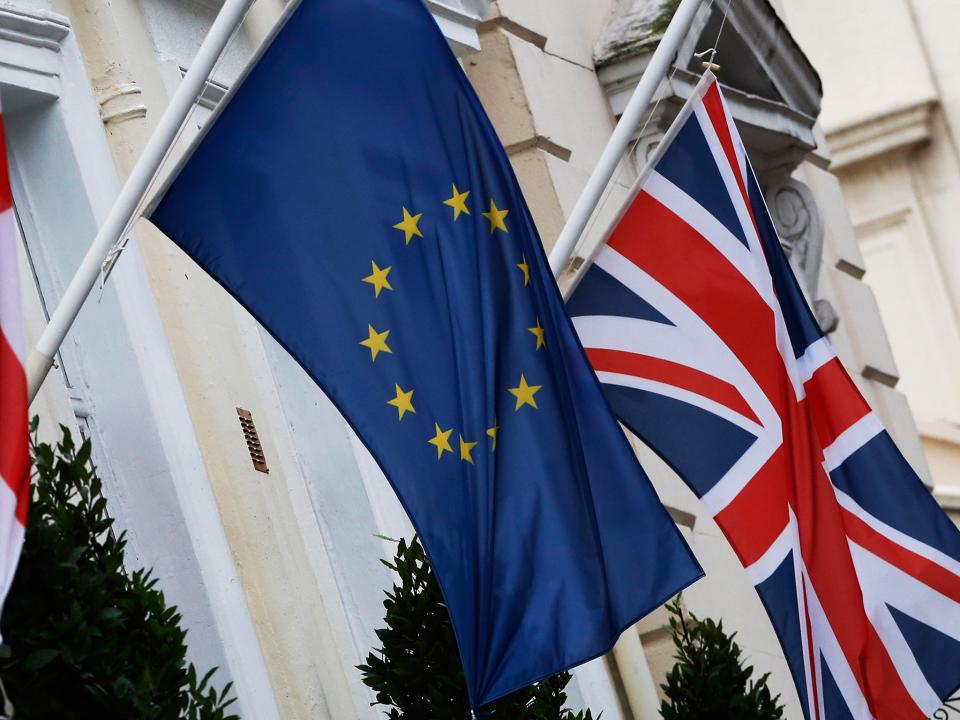Brexit: Moody’s hits back after Government dismisses UK credit rating cut as 'outdated'

Downing Street is embroiled in a public spat over a Brexit-triggered cut to the UK’s credit rating, after its claim that the verdict is “outdated” was rejected.
The ratings agency Moody’s said No 10 was wrong to argue the downgrade would not have happened if the decision had been taken after Theresa May’s speech in Florence.
Instead, it stood by its cut – stating the speech had not changed the big picture of likely damage to the economy from Brexit, when the UK's debt reduction plans are already off course.
“I’ve read the speech and it doesn’t change our view at all,” said Alastair Wilson, the head of sovereign ratings at Moody’s.
“It certainly is not outdated. It reflects a medium term view, it's very much a forward looking view,” he told BBC News.
Meanwhile, Labour’s Treasury spokesman, Peter Dowd, said the downgrading was a “hammer blow” to the Government's economic credibility.
“For the second time under the Tories the UK's credit rating has been downgraded, and on this occasion citing their lack of faith in the Chancellor to meet his own spending targets as a result of unfunded spending commitments such as the deal with the DUP,” he said.
Liberal Democrat leader Sir Vince Cable said it was no coincidence the downgrading came alongside Theresa May's Florence address.
“Despite Theresa May's conciliatory tone we are no closer to knowing what our future relationship with the EU will be once any transitional deal expires,” he said.
“The warning that Moody's have issued by downgrading the credit rating is that the economy will be weaker once the transitional deal comes to an end.
“All May has done is simply delay the economic pain caused by an extreme Brexit.”
Moody's, one of the major ratings agencies, downgraded the UK to an Aa2 rating from Aa1 – having removed its top-notch AAA rating in 2013.
The other major agencies, Fitch and S&P, changed their ratings in 2016, with S&P cutting it two notches from AAA to AA, and Fitch lowering it from AA+ to AA.
Moody’s pointed to higher spending, running ahead of revenues – including the DUP cash – and said “any free trade agreement will likely take years to negotiate, prolonging the current uncertainty for business”.
No 10 tried to play down the downgrade, arguing it followed a meeting on 19 September – which, therefore, did not take into account the new Brexit policy.
“The Prime Minister has just set out an ambitious vision for the UK's future relationship with the EU, making clear that both sides will benefit from a new and unique partnership,” it said.
“The foundations on which we build this partnership are strong.”
Mr Wilson said he welcomed the speech “in some respects”, saying: “Recognition that transitional arrangements will be needed is a positive feature from the credit perspective.”
However, Moody’s said the “best-case scenario” for a post-Brexit trade agreement “would not award the same access to the EU single market that the UK currently enjoys”.

 Yahoo News
Yahoo News 